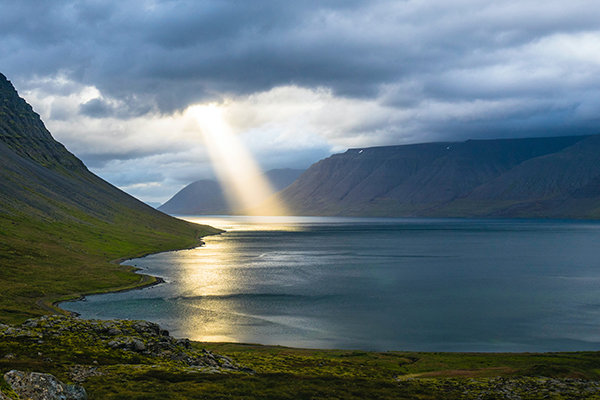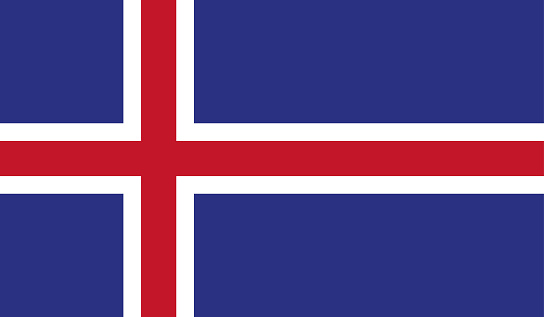Early History

Recorded history of Iceland dates back to 874 AD, when over 400 Norse explorers, during the Viking Age, began settling the land. The first permanent settlement was founded by Ingolfr Arnarson, calling it Rekjavik, which would later become the capital of Iceland.
Most of the settlers consisted mainly of Norwegians and slaves they had previously captured from the British Isles. The settlers seeked new lands to farm and to escape from the ongoing conflicts in their homeland.
It is believed that they were not the first to discover Iceland, with modern Historians agreeing that Galeic monks from Ireland had arrived and explored Iceland before the arrival of the Vikings. Because the Galeic monks did not leave any written records of their settlments, no one is sure when the Galeic monks arrived, but it is believed to have been much earlier than the first Viking explorers.
In 930 AD, the chieftans formed the Althing, a form of governance, making Iceland one of world's oldest Parliaments. Iceland remained independent until the 13 Century, when they become subjucated to Norway. This lasted until the 16th Century, when they then became part of Denmark. Iceland remained part of Denmark until after World War I, in which they finally received their independence.
Iceland remained Independent until World War II, when Great Britain invaded Iceland and peacefully occupied the country to stop any attempts by the Nazis to invade. The British would hold their rule over Iceland until 1941, when the US took over the administration duties until until the conclusion of World War II in 1944. It has enjoyed independence and sovereignty since.
Iceland Stats and Facts
| Language | Icelandic |
|---|---|
| Population | 366,425 (2020) |
| Capital | Reykjavik |
| Flag |  |
| Official Name | Lydhveldidh Island |
| Currency | krona (ISK) |
| Measurement | Metric System |
| Government | Parliamentary Republic |
| Land Size | 103,000 Km |
| Time Zone | Greenwich Mean Time |
| Average Temperature | 5°C / 41°F |
| Literacy Rate | Male: 100% Female: 100% |
| Int. Airport | Keflavik Airport |
| Main Exports | Aluminum. Fish |
Modern Iceland

Iceland remains outside of the European Union but shares strong cultural, historical and economic ties with Europe and is part of several European organizations, such as the North Atlantic Treaty Organization (NATO) and the Euripean Free Trade Association (EFTA).
Due to Iceland having very liberalized banking systems, many foreign investors invested in Iceland's banks and bonds. Unfortunately, this caused Iceland to be vulnerable to the 2008 "credit crunch," leading to massive inflation and leaving most of the banks on the verge of bankruptcy. By 2011, the economy began to turn around and has a strong and stable economic growth.
Today, Iceland is one of the most progessive and modern societies in Europe and consistently ranks as one of the best countries for quality of life. Its modern econocmy is considered one of the strongest in the world.
Understandibly, Iceland culture values nature and is one of the greeniest countries in the world, investing heavily in recylcing and renewable energy. Iceland uses 100% renewable energy to power it's country. It gets 73% of it's power from hydropower and 27% from geothermal power.
But one of it's most important cultural componenents is the Icelandic language itself. Iceland has a rich history of storytelling, with many stories having both Pagan and Christian influences. Iceland still has a strong literary culture, with Iceland publishing more books than any other country, per capita.